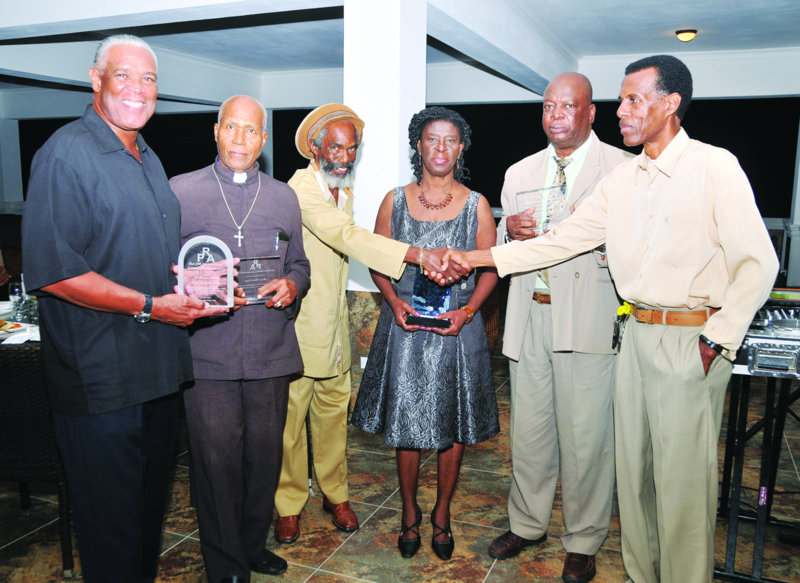
Over the next three months, two marine scientists from Newcastle University, UK, Dr Sarah Young and Pia Schuchert, will be conducting research into the coral reefs in Anguilla.
People in the Caribbean rely heavily on coral reefs. Each year, coral reefs contribute billions of dollars in terms of tourism, fisheries and the provision of coastal defence from storm events like hurricanes. For many, reefs represent a substantial source of income or a vital food supply. Yet coral reefs throughout the Caribbean have been severely damaged by a number of factors including: unsustainable fishing, disease, hurricanes, construction, sewage discharge and others. These impacts are complex and addressing them requires a management approach that uses biological, social and economic information.
In the last 3 years, a large research project, Future of Reefs in a Changing Environment (FORCE), has made substantial efforts understand the relationship between people and reefs. Extensive interviews, diving surveys and community meetings have already been conducted in four Caribbean countries – Barbados, Honduras, St Kitts and Nevis and Belize. In this new project, Future of Reefs the researchers are collecting information from three additional Caribbean countries namely Anguilla, Turks and Caicos Islands and the Cayman Islands.
Over the next three months Sarah and Pia will be based in Anguilla conducting interviews, organizing workshops and chatting to people. They are particularly interested in how people use the sea and the reefs, what changes people have noticed over time, how well people think the coral reefs are being managed and how important the reefs are the people of Anguilla. The information collected will be fed back to the community through workshops, will be given to the government to help inform their decisions and used at an international level to help scientists understand how reefs might change in the future.
The team will focus on the communities of Sandy Ground, Island Harbour and West End which represent a fishing-based economy (Island Harbour), a tourism-based economy (West End) and a mixed tourism and fishing economy (Sandy Ground). In each of those communities, Sarah and Pia are hoping to conduct 75 interviews and hold two community meetings. Interviews started on January 22nd in Sandy Ground. Please look out for flyers giving further information on the time and place for the first community meeting and film showing near you.
This is a chance to have your say on the future development and management of the marine resources in Anguilla. If you would like to find out more about the project please contact either Sarah (sarah.young@newcastle.ac.uk) or Pia (pia.schuchert@newcastle.ac.uk) directly.
– Contributed








